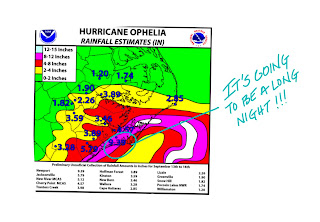It has been a long day. I have finally made it to the hotel -- the Hilton Boston-Deham -- where the New England Crime Bake is held. I am tucked in a comfortable bed watching The Remains of the Day. I saw this movie years ago and now that I am working on a historical thriller set in 1939, it is relevant to my research. And writing this post is about all I can manage after driving over from Albany.
I always enjoy mystery conferences for all the reasons that have been mentioned here - catching up with friends and acquaintances., seeing agents and editors, and a chance to take workshops, set on panels, and be inspired by other writers. I enjoy conferences but I don't enjoy getting to them.
Post-pandemic, I have decided to indulge myself when I travel. For years I have been traveling in the Business Coach on Amtrak. I like not having to wander through a train that is in motion looking for an empty seat and a pleasant looking seatmate. It is worth the extra charge to travel in a single seat next to the cafe.
When I was invited to attend the International Agatha Christie Festival, my travel agent suggested I avoid the strike that seemed to be on the horizon at Heathrow. He suggested I take Aer Lingus to Dublin for a few days and then come back across to England for the conference. Coming from Dublin it would be a much shorter flight. And if I traveled in the airline's version of First Class, I would be able to have a bed and arrive well-rested. I did and I was. I also decided that henceforth I would trade in my cramped seat in Coach for the plush seats with menu, food on a tray and the other amenities of flying first-class. I did on my next domestic flight. It was a short flight, but I enjoyed it.
Today I didn't have a choice. I had to drive from Albany to Boston. By the time I took my dog Fergus to his daycare where he is going to be boarding over the weekend and my cat to the sitter who is going to board her, I was already later than I intended. Doing wash and packing made me even later. Darkness fell and I drove following the lights of the cars in front of me. Apparently, I was a bit erratic because the Driver Assistance on my car suggested I take a break for a cup of coffee. The first time I stopped at a rest area for hot tea and a Big Mac. The second time, I kept driving.
Good thing I did because I was too tired to follow the GPS's directions when I got to the roundabout. leading to the hotel. I ended up back out on the highway. After two more attempts I finally hit the right exit.
I'm sure the conference will be worth it. I'm on a panel about strong female protagonists. But this tired woman needs some sleep first.
And so, Good Night, dear friends, If you are here at Crime Bake, please say hello.








